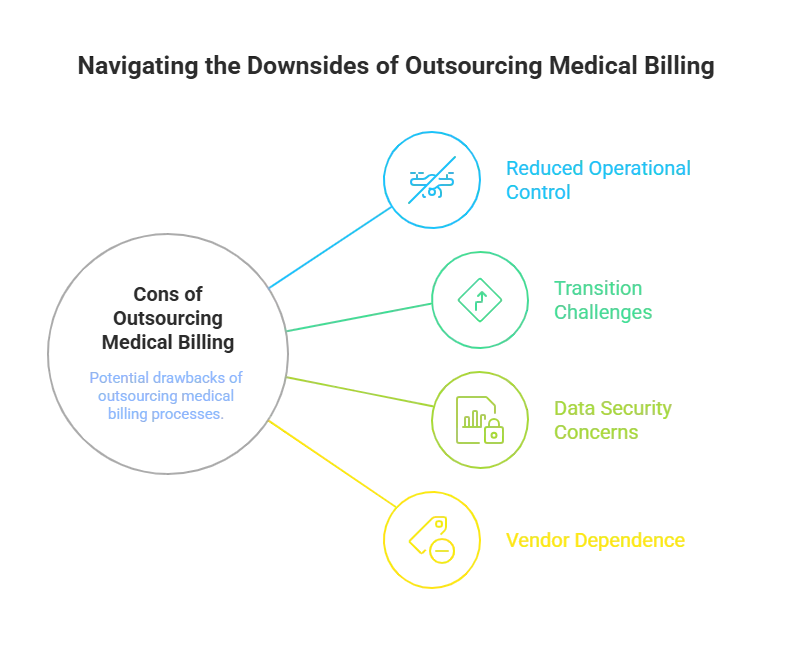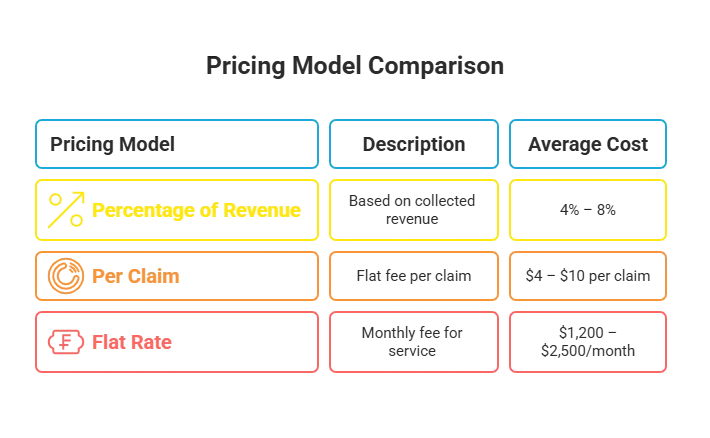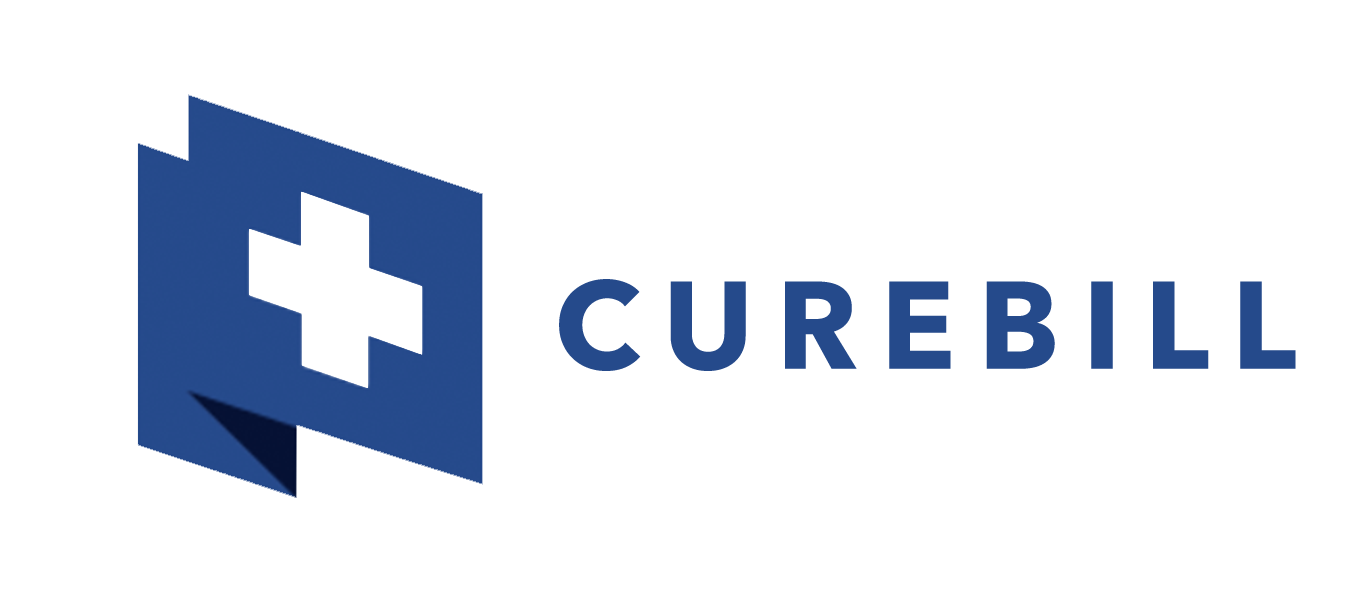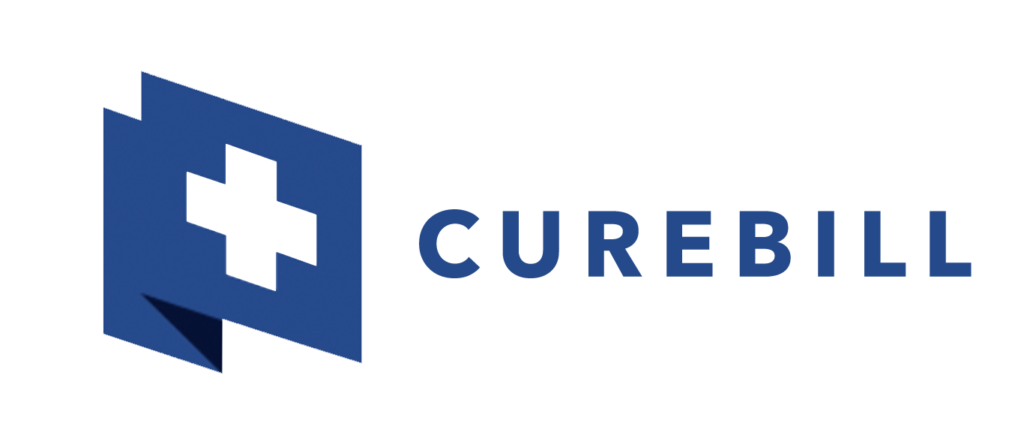
Why Outsource Medical Billing? Pros, Cons & Cost Breakdown
In today’s complex healthcare landscape, providers face the challenge of balancing top notch patient care with accurate, efficient billing. For many clinics and small practices, handling billing in house is time consuming, expensive, and often riddled with errors. That’s why an increasing number of providers are turning to outsourced medical billing services.
In this blog, we’ll break down what outsourced billing really means, its pros and cons, how much it costs, and whether it’s the right move for your practice.
What Are Outsourced Medical Billing Services?
Outsourced medical billing services involve hiring a third party billing company (also known as an external billing company) to manage your medical practice’s revenue cycle. These providers handle everything from coding to claim submission to follow ups and patient billing.
Instead of hiring full time staff or managing complex billing software in house, you delegate the entire billing process to specialists. This model is ideal for.!
Solo practitioners
Small clinics
Group practices looking to cut overhead costs
Healthcare startups aiming to scale
How Does the Process Work?
Here’s a typical workflow when you hire an outsourced billing provider.
Patient Registration & Verification
Coding & Charge Entry
Claims Submission
Payer Follow Up & Denial Management
Payment Posting
Patient Billing & Collections
Each step is handled by experts using secure, HIPAA compliant platforms. You get real time updates, detailed reporting, and faster revenue turnaround.
Pros of Outsourcing Medical Billing
Significant Cost Savings
Running an in house billing department involves payroll, training, software, hardware, and HR costs. Outsourcing reduces or eliminates these expenses. You only pay for what you use, and most companies offer flexible pricing.
Percentage based (e.g., 4–8% of collected revenue)
Flat monthly rate (e.g., $1,200–$2,500/month)
Per claim cost (e.g., $4–$10 per claim)
Improved Accuracy & Fewer Denials
Medical billing experts specialize in accurate coding, clean claim submissions, and faster reimbursements. They reduce common billing errors that lead to claim denials.
Faster Payments
Outsourced billing providers speed up your revenue cycle. With efficient claims tracking and follow-up systems in place, your payments are processed faster and more reliably.
Scalability and Flexibility
Need to expand your services or open new locations? You can scale your billing operations without hiring additional staff or investing in new software.
Regulatory Compliance
Trusted billing firms stay up to date with the latest HIPAA regulations, payer rules, and billing code changes, keeping your practice protected from compliance risks.

Cons of Outsourcing Medical Billing
Less Operational Control
When outsourcing, you’re handing over a critical part of your revenue stream. If not managed well, it can lead to communication gaps or performance concerns.
Transition Time
Shifting from in-house to outsourced billing takes time. It may involve data migration, process alignment, and staff training on the new system.
Data Security Concerns
Although most reputable companies follow strict data protection policies, some practices worry about giving access to sensitive patient data.
Vendor Dependence
If your provider underperforms or you want to switch, you may face termination fees or service delays.

How Much Does Outsourced Medical Billing Cost?
Here’s a basic cost breakdown to help you evaluate the financial side of outsourcing.

Is Outsourcing Right for Your Practice?
You should consider outsourcing if.!
Your claim denial rates are high
Your current staff is overwhelmed
You’re spending too much on in house billing
You want to scale operations without growing admin overhead
Outsourcing is especially beneficial for small practices, new clinics, and providers in growth mode.
How CureBill Can Help
At CureBill, we specialize in outsourced medical billing services designed to support growing practices. Our solutions are.
HIPAA compliant and fully secure
Cost effective with both flat rate and percentage options
Transparent, with detailed reports and real time access
Backed by a dedicated team who understands your practice’s needs
Whether you’re looking to reduce overhead or grow revenue, CureBill provides reliable, efficient RCM outsourcing that works.
Summary
Outsourcing your medical billing can help you save time, reduce errors, and boost your clinic’s profitability. With the right partner like CureBill, you can get full transparency, strong compliance, and optimized revenue all while focusing on what matters most patient care.

